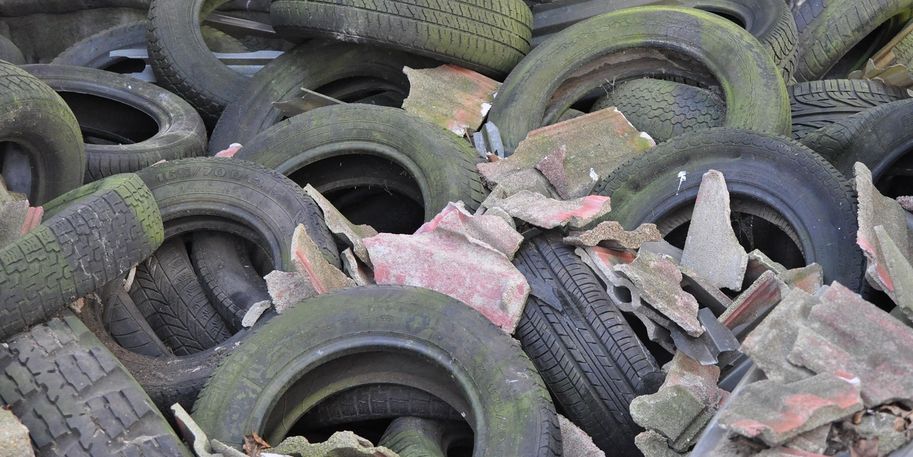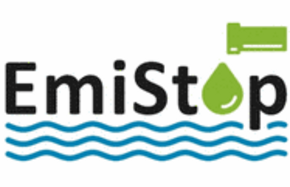EmiStop is a research project that systematically assesses plastic particle input paths via wastewater pathways from relevant industrial sectors and evaluates methods for removing plastic particles from wastewater streams. The EmiStop final report presents the main findings on the reduction of microplastic emissions in wastewater pathways of relevant industrial sectors. inter 3 was responsible for establishing future scenarios essential for guiding technological developments and for compiling the results into recommendations for industrial stakeholders.
Practice-oriented package of measures for industry partners
The project started at various points along the value chain (production, transport, processing). Based on the input from industrial, policy and administration, and science experts, a future scenario planning method assessing requirements, drivers and obstacles was employed to reflect upon and adapt the technical development goals of preventing industrial plastic emissions into water bodies. The goals were additionally analysed and evaluated based on a developed set of sustainability criteria and indicators.
These criteria and indicators were developed using Delphi surveys and were eventually used for a multi-criteria analysis and evaluation of the sustainability of the developed abatement strategies. The result was a multi-criteria evaluation matrix, formed by various stakeholders, on the advantages and disadvantages of different process technologies and their retention of microplastics.
The findings were incorporated into a recommendation guideline for industrial actors and are also available in more detail in the final report.

